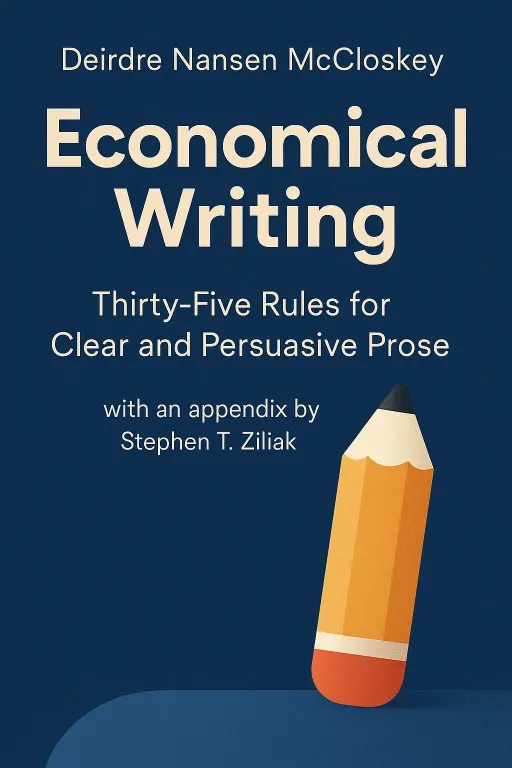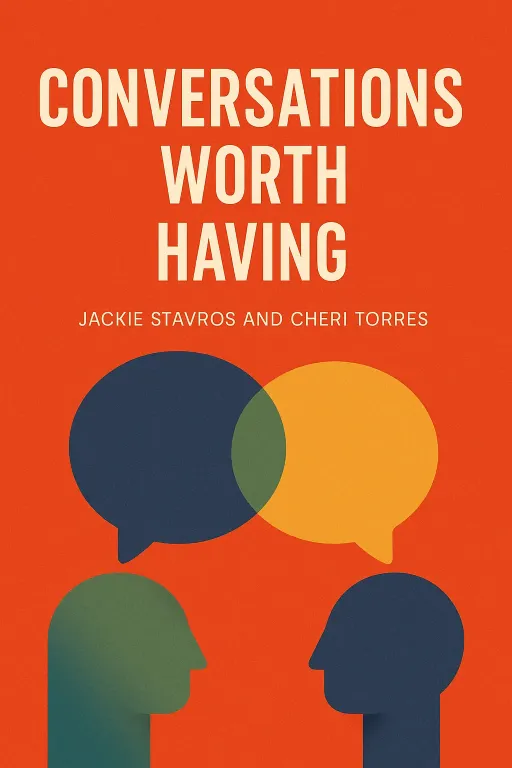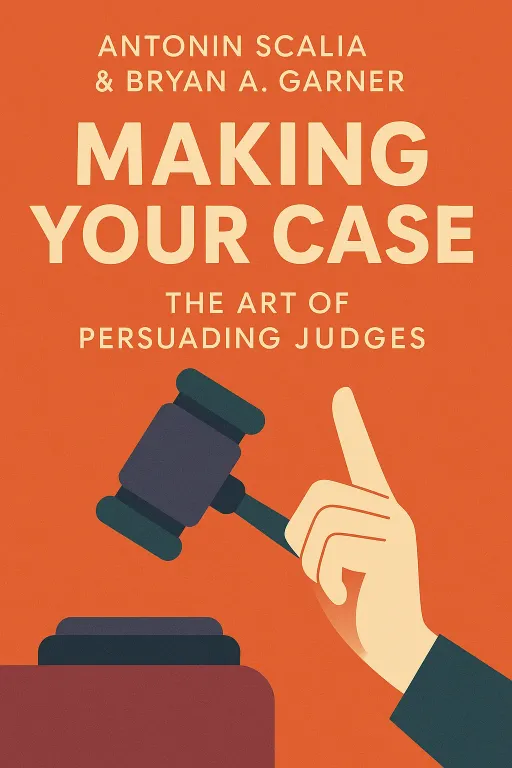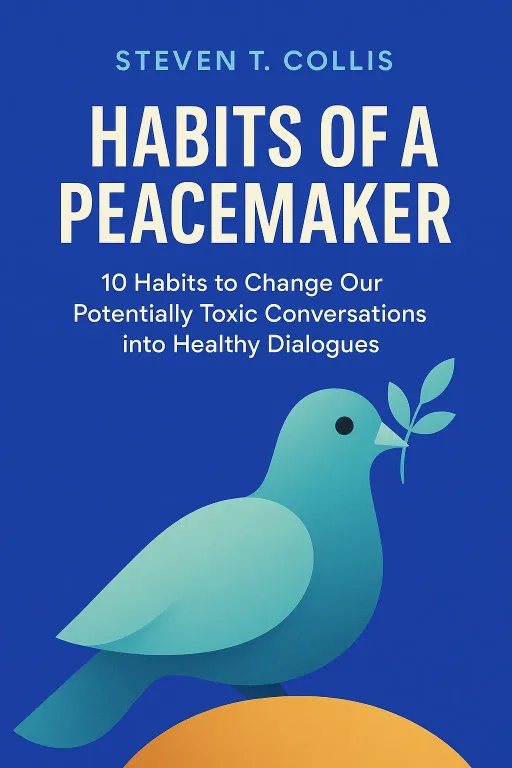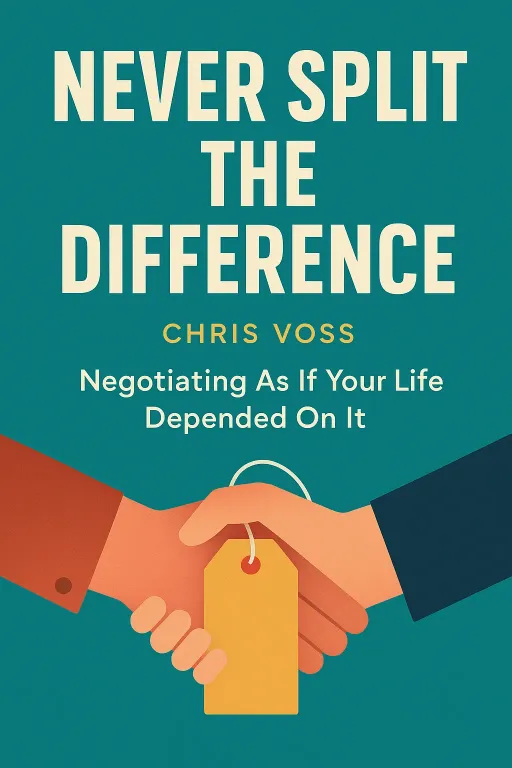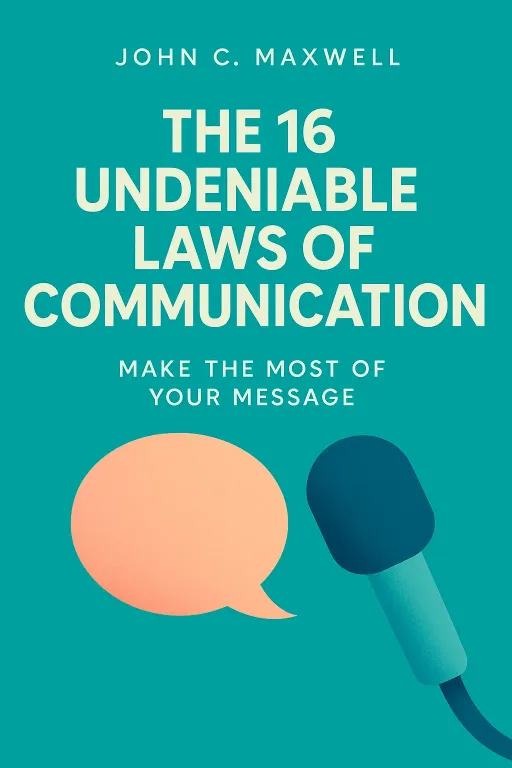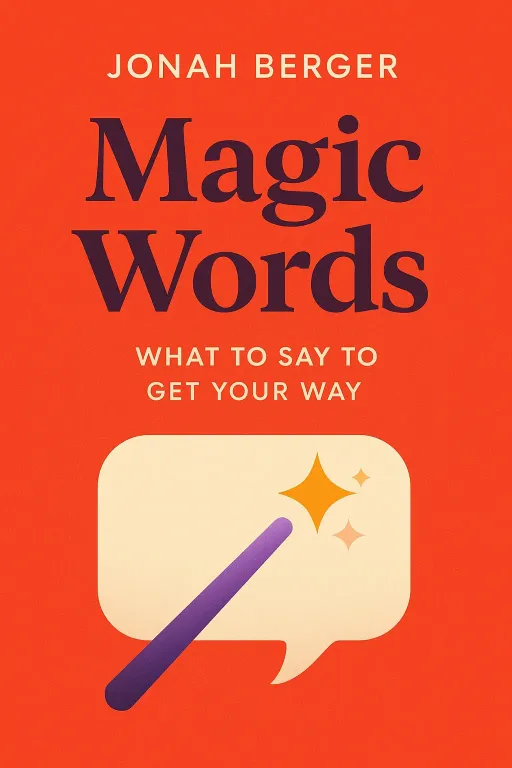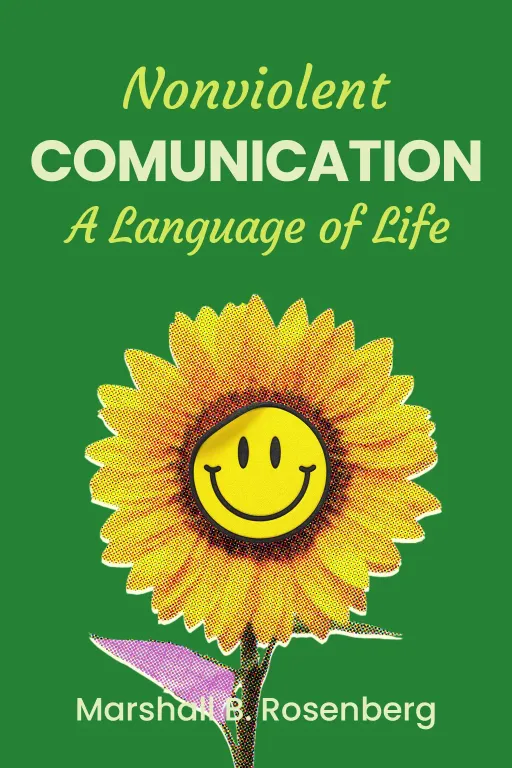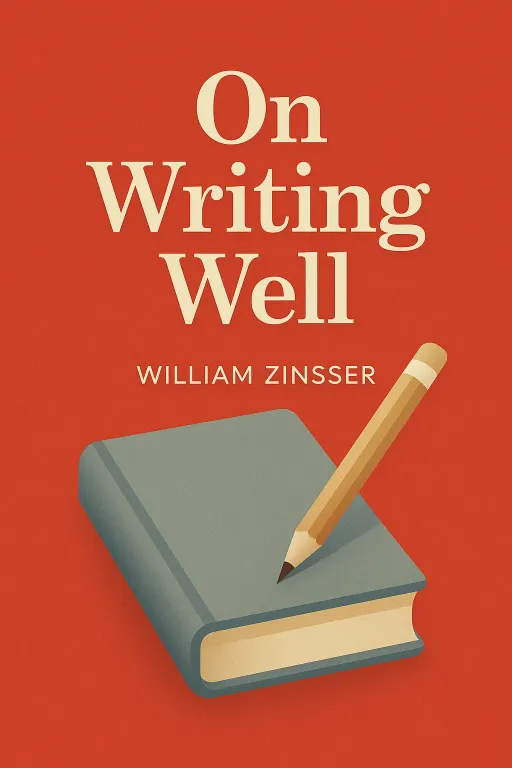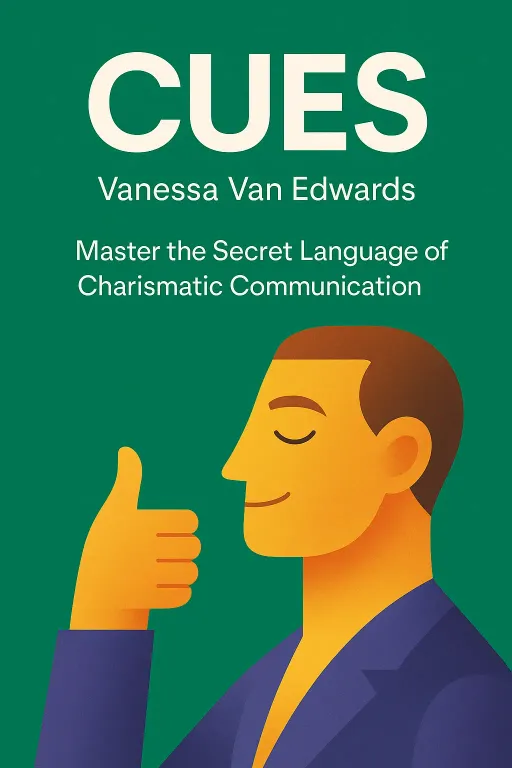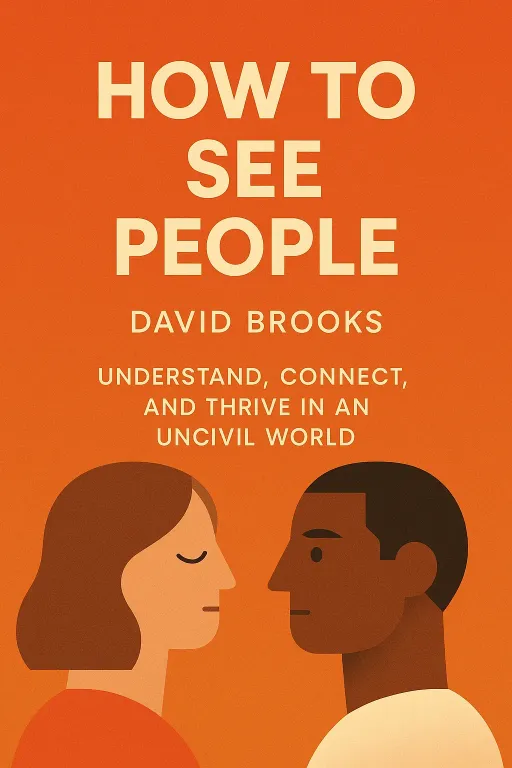
Diminisher or Illuminator?
10 minThe Art of Seeing Others Clearly and Ourselves More Deeply
Golden Hook & Introduction
SECTION
Michelle: A recent survey found that 54 percent of Americans feel that no one knows them well. More than half the country. Mark: Wow. That hits hard. It’s not just about being alone, it’s about being unknown. It’s that feeling of being invisible even when you’re in a room full of people. Michelle: Exactly. And that feeling, according to our author today, is a symptom of a full-blown 'epidemic of blindness,' and it’s warping our minds and our society. That's the central crisis at the heart of the book we’re diving into today: How to Know a Person by David Brooks. Mark: Right, and Brooks is such an interesting figure to tackle this. He's been a New York Times columnist for decades, a moderate conservative voice often focused on big political and social structures. For him to write a book this deeply personal, almost a self-help guide, feels like a significant pivot. Michelle: It is. He even chairs a project on social cohesion at the Aspen Institute called Weave. This book feels like the culmination of his life's work, moving from analyzing society from a distance to trying to fix it one conversation at a time. And the most compelling part? He starts by admitting he was part of the problem. Mark: A confession. I like that. It’s not a lecture from on high. Michelle: Not at all. He opens the book not with a grand theory, but with a raw admission: for most of his life, he was emotionally detached and, in his own words, terrible at this stuff.
The Confession of a Detached Man
SECTION
Mark: Okay, I’m hooked. A famous public intellectual admitting he’s bad with people? Tell me more. Michelle: He describes his childhood as governed by the motto, "Think Yiddish, act British." It was a home rich in intellectual debate but poor in emotional expression. He became an observer, someone who was more comfortable inside his own head than in a real, messy, emotional connection with another person. Mark: I can relate to that. The safety of observation versus the risk of participation. Michelle: Precisely. And he shares this one story that is just so painfully vivid. He calls it the "Broken Bat Incident." About fifteen years ago, he was at a baseball game in Baltimore. A hitter’s bat shatters, and the barrel of the bat flies into the stands and lands right at his feet. Mark: Whoa, that's like the ultimate fan souvenir! You'd be high-fiving everyone, holding it up like a trophy. Michelle: That’s what a normal person would do. But Brooks? He just calmly reaches down, picks up the bat, places it at his feet, and sits there, completely still-faced, as the entire section stares at him, waiting for some sign of joy. He said he had the emotional capacity of a head of cabbage. Mark: Oh, I know that feeling of social paralysis! Where you know you're supposed to be feeling or doing something, but your body and face just won't cooperate. It’s mortifying. Michelle: It is! And for him, it was a moment of clarity. He asked himself, was this just a personality quirk, or was it something more? He concluded it was a moral failing. He saw this detachment not as an intellectual stance, but as a "withdrawal from life." Mark: That’s a heavy realization. Did anyone else notice this change in him as he tried to become more open? Michelle: They did. He tells a great story about being on Oprah Winfrey's show twice, a few years apart. After the second taping, Oprah pulled him aside and said, "I’ve rarely seen someone change so much. You were so blocked before." Mark: Wow, if Oprah says you're unblocked, you are officially unblocked. That’s like getting a spiritual stamp of approval. Michelle: It’s the ultimate validation! And it shows that this isn't a fixed trait. It’s a skill you can build. But his personal struggle is really just the entry point to a much larger diagnosis he has for all of us.
The Epidemic of Blindness: Diminishers vs. Illuminators
SECTION
Mark: So if Brooks saw this detachment in himself, how does he connect it to this wider 'epidemic of blindness' you mentioned? Is he saying we're all emotionally constipated cabbage heads? Michelle: In a way, yes. He argues that we live in a culture that doesn't teach us the skills to truly see one another. We stereotype, we get distracted, we're absorbed in our own anxieties. And this creates a fundamental social dynamic he breaks down into two roles: the Diminisher and the Illuminator. Mark: Diminisher and Illuminator. Okay, that sounds like a superhero-villain dichotomy. Michelle: It kind of is, but it plays out in everyday life. A Diminisher is someone who makes you feel small and unseen. They’re not necessarily malicious; they’re often just self-absorbed. They stereotype you, they don’t ask you questions, they’re more interested in being interesting than in being interested. Mark: That’s the person at a party who’s just waiting for you to stop talking so they can start. Their eyes glaze over when you're telling a story. Michelle: Exactly. An Illuminator, on the other hand, is someone who has a genuine and persistent curiosity about other people. They make you feel seen, heard, and valued. They make you feel bigger, smarter, and more interesting. He tells this perfect historical story to illustrate it. When Jennie Jerome, who later became Winston Churchill’s mother, was young, she had dinner on consecutive nights with two of Britain's most powerful statesmen. Mark: Okay... Michelle: After dining with William Gladstone, she said she thought he was the cleverest person in England. Mark: Impressive. A classic Diminisher move, in a way. All about him. Michelle: But after dining with his rival, Benjamin Disraeli, she said she thought she was the cleverest person in England. Mark: Ah! That's it. That is brilliant. Gladstone was a show-off. Disraeli was an Illuminator. He made her shine. Michelle: That’s the core difference. And it has real-world consequences. There's a great story from Bell Labs, back when it was this hotbed of innovation. Executives noticed that some engineers were wildly more productive than others—racking up way more patents. They couldn't figure out why. It wasn't their education, not their IQ. Mark: What was it? The coffee? Michelle: It was a person. They discovered that the most productive researchers all regularly had lunch with one particular electrical engineer named Harry Nyquist. Mark: What was so special about Harry Nyquist? Michelle: He was an Illuminator. The other scientists said he just listened with incredible intensity. He would get inside their heads, ask probing questions, and help them see their own problems more clearly. He didn't give them the answers; he helped them find their own. He made them better just by paying attention to them. Mark: That's incredible. It proves this isn't just a 'nice-to-have' social grace. It's a driver of actual success and innovation. But this sounds great in theory. Some reviewers of the book have pointed out that the concept can feel a bit simplistic. Can you really just 'decide' to be an Illuminator? It seems like it would be easy to come off as fake or even a little creepy if you're trying too hard. Michelle: That's the perfect question, because Brooks argues it's not just a decision, it's a skill. It's a craft you have to learn. It’s about cultivating a specific kind of attention, what he calls the 'Illuminator's Gaze.'
The Illuminator's Gaze: The Practical Art of Seeing
SECTION
Mark: The 'Illuminator's Gaze.' Okay, that sounds a little mystical. Break it down for me. What does that actually look like in practice? Michelle: It’s a posture you adopt toward another person. It’s a gaze that is, as Brooks describes it, tender, receptive, curious, and affectionate. It’s about seeing the person in front of you not as an object or a type, but as a unique, precious soul with infinite dignity. Mark: That’s a beautiful sentiment, but it still feels a bit abstract. How does that translate into a real conversation? Michelle: Let me give you the most powerful example from the book. Brooks is in Waco, Texas, interviewing community builders. He's having breakfast with a 93-year-old retired teacher named LaRue Dorsey. She's presenting herself as a very stern, tough-as-nails woman, and Brooks admits he's a bit intimidated. Mark: I can picture it. The kind of teacher who could silence a room with a look. Michelle: Exactly. Then, a man named Jimmy Dorrell, a white pastor who works with the poor, bursts into the diner. He sees Mrs. Dorsey, and his face lights up. He rushes over, grabs her by the shoulders—harder than you should probably shake a 93-year-old—and yells, "Mrs. Dorsey! You’re the best! I love you! I love you!" Mark: Oh boy. How did she react to that? Michelle: Her entire being transformed. Brooks writes that the stern, disciplinarian face vanished, and in its place appeared a "joyous, delighted nine-year-old girl." She was just beaming with light. Mark: Wow. That's powerful. It’s like his attention literally changed the reality in that room. He didn't see the stern teacher; he saw the person underneath, and his gaze called her forward. Michelle: That’s exactly it. Jimmy’s gaze was one of pure affection and admiration, and it unlocked a completely different version of LaRue Dorsey. Brooks says that was the moment he truly understood that attention is a moral act. The way you look at someone can either diminish them or illuminate them. Mark: That story gives me chills. It makes the whole idea so much more concrete. It’s not about a technique; it’s about the genuine warmth and respect you bring to an interaction. So what's the one thing we can start doing today to be more like Jimmy Dorrell and less like the still-faced guy with the baseball bat?
Synthesis & Takeaways
SECTION
Michelle: I think the whole journey of the book gives us the answer. It starts with the self-awareness of your own tendency to be a 'Diminisher,' like Brooks with his baseball bat. Then it’s about understanding the dynamic—that in every interaction, you're either illuminating or diminishing someone. And finally, it's about practicing that gaze of generous attention, like Jimmy Dorrell. Mark: It feels like the core message is that this is an active, moral choice, not a passive personality trait. You have to choose to be curious. You have to choose to offer respect. Michelle: You do. And in an age of distraction, loneliness, and AI, Brooks argues that this skill—the ability to make another person feel seen and understood—is not a soft skill. It’s the most crucial human skill for our survival and our thriving. It’s not just about being nice; it’s about the moral act of conferring dignity on another person. Mark: So the challenge for all of us isn't just to be a better listener in a technical sense, but to be more genuinely curious. To ask one more question than you normally would, and to actually care about the answer. Michelle: Exactly. It's about shifting your focus from "How can I be interesting?" to "How can I find what's interesting in them?" Mark: I love that. It’s a complete reorientation. It leaves me with a question for myself, and for everyone listening. Michelle: What’s that? Mark: Think about the last real conversation you had. Did you leave that person feeling a little bigger, or a little smaller? Were you a Diminisher, or an Illuminator? Michelle: A perfect question to end on. Mark: This is Aibrary, signing off.
